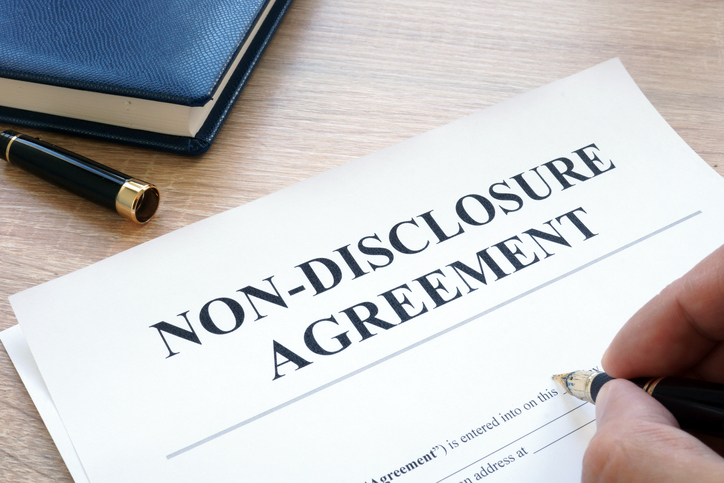
Cybersecurity and privacy – current outlook
Cybersecurity threats are an ever-present challenge for businesses. What should organisations be doing to mitigate risk and to ensure that they comply with relevant legislation?

Cybersecurity threats are an ever-present challenge for businesses. What should organisations be doing to mitigate risk and to ensure that they comply with relevant legislation?

The Court of Appeal has upheld the High Court’s decision that a director and minority shareholder was not personally liable for a breach of confidence because he did not know (nor suspect) that there was a duty of confidence (despite the company signing an NDA, and the director being involved in an initial meeting).

As organisations are increasing their use of new technologies to tackle pressures such as time, resources and expenditure, it comes as no surprise some are using AI large language models (LLMs) to streamline business processes. But what happens when organisations use AI to make automatic decisions?

In potentially welcome news for building contractors, the Court of Appeal has now clarified the position regarding a contractor’s right to terminate its employment for non-payment under a JCT building contract.

Use of AI is spreading all the time, but what does it mean for SMEs grappling over how to use it? We take a look at some of the legal issues to consider…

AI-driven technologies are transforming the way we work and live. This article discusses some data protection aspects of the European Union’s AI Act.

The ICO embraces AI as it launches its own privacy notice generator for use by small businesses

The High Court has held that an agreement was novated through the parties’ conduct even though it included a prohibition on dealings without written consent.

The Digital Markets, Competition and Consumers Act 2024 will introduce a new regime for subscription contracts with consumers. Secondary legislation clarifying the new regime and bringing it into force is still to be passed but businesses would be wise to think now about how their interactions with consumers and related processes will need to change.

The Supreme Court recently confirmed that using the term “reasonable endeavours” in a force majeure clause does not mean oblige a party to accept the other’s alternative arrangements. So, what happens next?

Cathrine Ripley considers how the rules surrounding using the EU’s CE marking fits in with the current landscape for UK manufacturers looking to continue trading in the EU following Brexit.